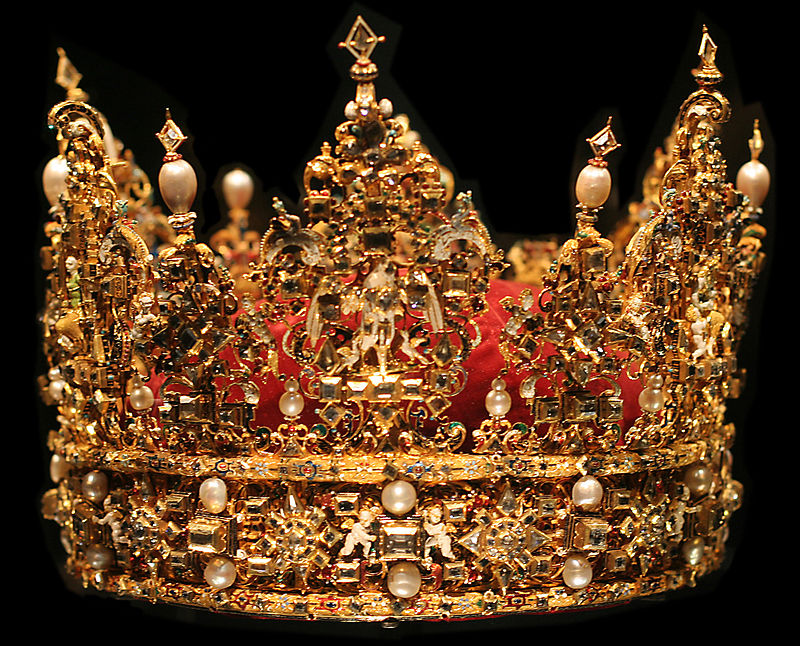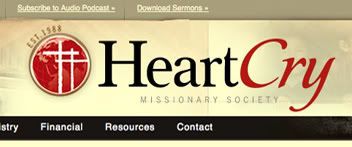
 A.W. Pink on God's Supremacy
A.W. Pink on God's Supremacy"Of old, God complained to an apostate Israel, Thou thoughtest that I was altogether as thyself. (Ps. 50:21). Such must now be His indictment against an apostate Christendom. Men imagine that the Most High is moved by sentiment, rather than actuated by principle. They suppose that His omnipotency is such an idle fiction that Satan is thwarting His designs on every side. They think that if He has formed any plan or purpose at all, then it must be like theirs, constantly subject to change. They openly declare that whatever power He possesses must be restricted, lest He invade the citadel of man’s "free will" and reduce him to a "machine." They lower the all efficacious Atonement, which has actually redeemed everyone for whom it was made, to a mere "remedy," which sin-sick souls may use if they feel disposed to; and they enervate the invincible work of the Holy Spirit to an "offer" of the Gospel which sinners may accept or reject as they please.
The "god" of this twentieth century no more resembles the Supreme Sovereign of Holy Writ than does the dim flickering of a candle the glory of the midday sun. The "god" who is now talked about in the average pulpit, spoken of in the ordinary Sunday School, mentioned in much of the religious literature of the day, and preached in most of the so-called Bible Conferences is the figment of human imagination, an invention of maudlin sentimentality. The heathen outside of the pale of Christendom form "gods" out of wood and stone, while the millions of heathen inside Christendom manufacture a "god" out of their own carnal mind. In reality, they are but atheists, for there is no other possible alternative between an absolutely supreme God, and no God at all. A "god" whose will is resisted, whose designs are frustrated, whose purpose is checkmated, possesses no title to Deity, and so far from being a fit object of worship, merits nought but contempt."
C.H. Spurgeon on God's Sovereignty
"There is no attribute more comforting to His children than that of God's Sovereignty. Under the most adverse circumstances, in the most severe trials, they believe that Sovereignty has ordained their afflictions, that Sovereignty overrules them, and that Sovereignty will sanctify them all. There is nothing for which the children ought more earnestly to contend than the doctrine of the Master over all creation--the Kingship of God over all the works of His own hands--the Throne of God and His right to sit upon that Throne. On the other hand, there is no doctrine more hated by worldlings, no truth of which they have made such a football, as the great, stupendous, but yet most certain doctrine of the Sovereignty of the infinite Jehovah. Men will allow God to be everywhere except on His throne. They will allow Him to be in His workshop to fashion worlds and make stars. They will allow Him to be in His almonry to dispense His alms and bestow His bounties. They will allow Him to sustain the earth and bear up the pillars thereof, or light the lamps of heaven, or rule the waves of the ever-moving ocean; but when God ascends His throne, His creatures then gnash their teeth. And we proclaim an enthroned God, and His right to do as He will with His own, to dispose of His creatures as He thinks well, without consulting them in the matter; then it is that we are hissed and execrated, and then it is that men turn a deaf ear to us, for God on His throne is not the God preached. It is God upon His throne whom we trust."




















No comments:
Post a Comment